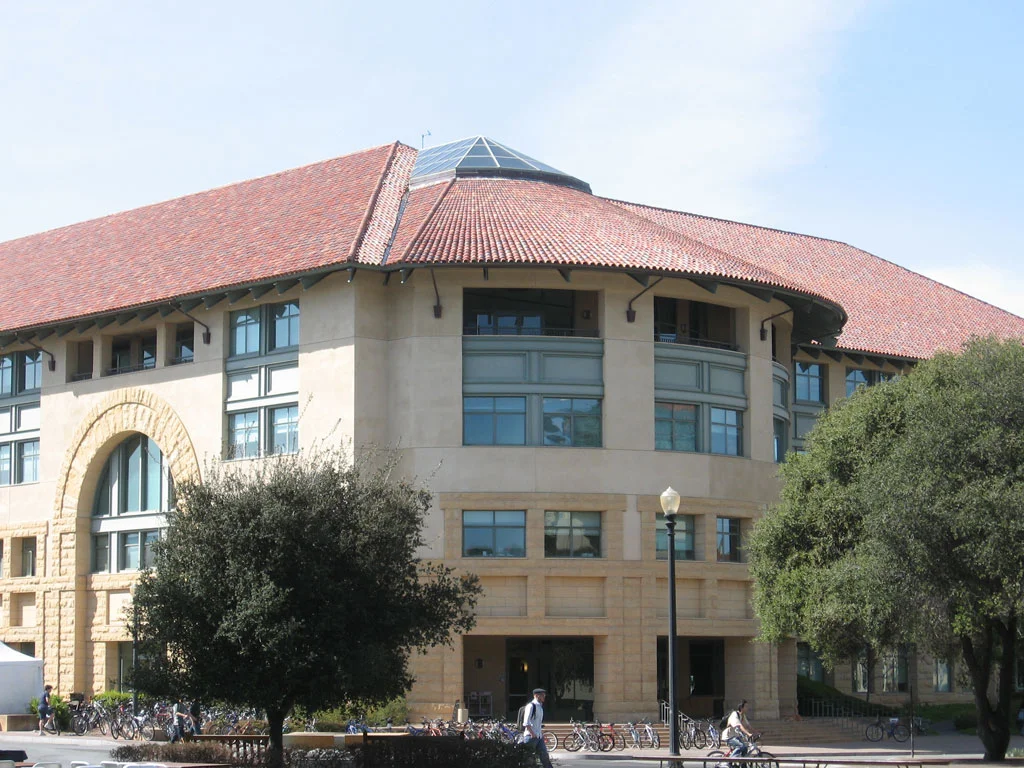The most popular major at Stanford is not biotechnology or communications, but computer science, a major that declined in numbers by 27% between 2005 and 2010: however, today Stanford counts over 220 students in its computer science major (CSBS). Of the Stanford undergraduates not taking the major, 90% will still take computer science courses prior to graduation, despite there being no requirements. Possibly the poor job market, the high pay (even without a graduate degree) for CSBS graduates or the possibility of changing the world by building a revolutionary iPhone app or tech product is driving this trend. In any case, according to a report from the Computing Research Association, enrollment in computer science programs across many universities has risen steadily over the last three years.
The US Department of Labor projects the demand for computer science savvy employees to grow by nearly 20% through the year 2020. Beyond employment opportunities, today’s students need to have a familiarity with computer science—how a CPU works, basic understanding of programming, and how to integrate technology into one’s daily existence. The undergraduate world is beginning to duly acknowledge this.
Georgia Tech actually requires all 2,000 of its entering freshmen to take computer science courses regardless of major. Students select among such options as mastering a coding language, data structure, or robotics. Even a non-technical school, such as Montclair State (New Jersey) requires students to complete a computer science course. A journalism major at Ohio University found his internship required a command of HTML and CSS. Technology is an inescapable aspect in all our endeavors.
If you’re contemplating a major in computer science take a full array of college preparation courses in math, the natural sciences, English, and the social sciences. The broader your range of knowledge and interests, the better you’ll perform in computer science. Asking a lot of questions is also invaluable in this major: Why is Assembly code being used for this application, How does this hardware execute a program? Obviously having programming experience is useful, but, surprisingly, a number of those entering the major do not. Gaining mathematical and logical foundations are essential for success, although stamina to complete lengthy and involved projects is also needed.
According to US News and World Report, universities with the top CS departments include MIT, Stanford, Carnegie Mellon, and UC Berkeley. UCLA ranks 12. Another member in the top 25 computer science departments is University of Washington’s Paul Allen School of Computer Science (UW CSE) at 18.
UW CSE resides in the decade old $72 million Paul Allen Center. The six story, 160,000 foot building is infused with natural light and has a sixth floor atrium connecting it with 1999 UW Electrical Engineering building. Students gain admission either directly from high school, or after taking the necessary prerequisite courses- which can be accelerated depending on performance- to gain either a BS in computer science, or computer engineering. Should a student in the Paul Allen Center wish to rest her eyes after an extended coding session, she can enjoy a vista of Lake Washington, the Cascade Mountains, Mount Rainier and the Space Needle. Shades were placed on the building after extensive computerized analysis of the sun’s angles (applied knowledge). The building design is open to encourage collaborative learning among faculty, staff, graduate, and undergraduate students; perfect for devising the capstone project each student must develop in any of the 12 concentrations that range from ‘Human Computer Interaction’ to ‘Artificial Intelligence and Robotics.’ Undergraduate participation in research is widely available, with small classes (the school is composed of 77 faculties for 450 undergraduates and 275 graduate students), a 6:1 student: faculty ratio.
No matter where you elect to attend as a computer science major, you will also be working collaboratively across a range of disciplines. You will learn coding and the rapidly shifting world of technology. You’ll also learn to communicate plainly with non-techies, while staying intellectually stimulated and delivering complex technical solutions on deadline. A computer science major can make for a very rigorous yet rewarding four years of college, which should be part of everyone’s program.

